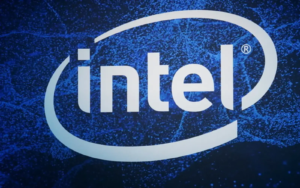
Europe’s top court has ruled in favor of Intel, ending a long-running antitrust case that involved a €1.06 billion fine imposed by the European Commission back in 2009. Intel was accused of abusing its dominant market position by offering rebates to computer manufacturers to use its chips over rival AMD’s products. After multiple appeals and rulings, the court found that the Commission had not fully proven the anti-competitive impact of Intel’s rebate scheme, leading to the scrapping of the fine.
The European Commission first imposed the fine after accusing Intel of anti-competitive practices. The Commission argued that Intel’s rebates to major manufacturers were designed to push AMD out of the market, effectively limiting consumer choice and harming competition. Intel was found to have engaged in these activities from 2002 to 2007.
Intel’s fight against the decision has been ongoing for over a decade. In 2014, the General Court, Europe’s second-highest court, upheld the Commission’s fine. However, in 2017, the European Court of Justice, the EU’s top court, ordered a review of the case, stating that the Commission had failed to fully analyze the impact of Intel’s rebate scheme on competition.
This review led to the General Court revisiting the case, and the court eventually ruled that the European Commission had not sufficiently demonstrated that Intel’s rebates were harmful to competition. Specifically, the court found that the Commission did not conduct an adequate economic assessment of how the rebates impacted AMD’s ability to compete in the market.
In its final ruling, the court stated that it could not prove Intel’s rebates had an anticompetitive effect, leading to the dismissal of the €1.06 billion fine. The ruling brings an end to one of the largest antitrust cases in EU history and marks a major win for Intel. However, experts believe this ruling may set a precedent for how future antitrust cases in Europe are handled, particularly those involving major tech firms.

